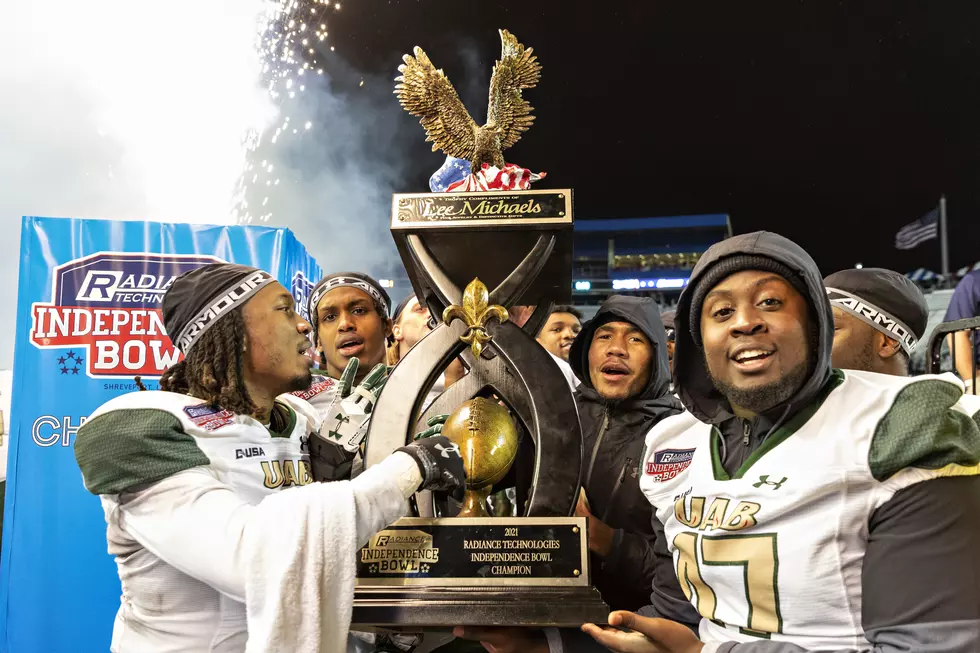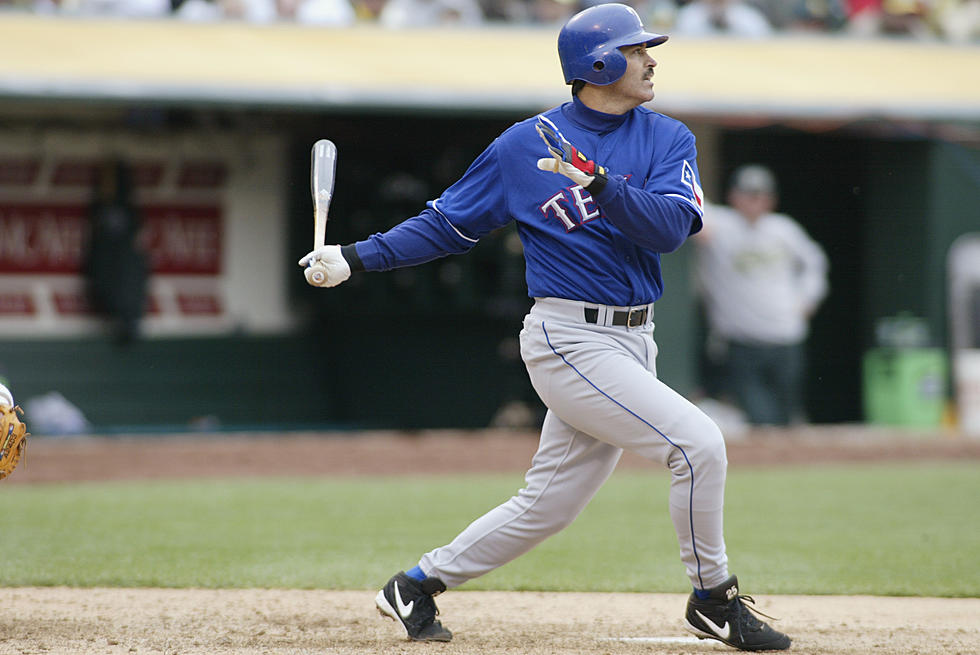
Claude King – Wolverton Mountain
King was born in Keithville, Louisiana, near the city of Shreveport. At a young age, he was interested in music but his primary interest was athletics. He purchased a guitar at age 12 and although he learned to play, most of his time was devoted to sports. He was offered a baseball scholarship to the University of Idaho at Moscow.
King later returned to Shreveport and joined Louisiana Hayride, a TV and radio show produced in Shreveport and broadcast in the U.S. and the United Kingdom. King was frequently on the same shows with Elvis Presley, Tex Ritter, Johnny Cash, Hank Williams, Webb Pierce, Kitty Wells, Jimmie Davis, Slim Whitman, Faron Young, Johnny Horton, Jim Reeves, George Jones and Lefty Frizzell.
In 1961, he signed with the Nashville, Tennessee division of Columbia Records. He struck immediately, cutting "Big River, Big Man," a country top 10 and even a small pop crossover success. He soon followed with "The Comancheros" inspired by the movie of the same title starring John Wayne. It was a top 10 country hit in late 1961, also crossing over to the pop chart.
King made his best known recording in the spring of 1962. "Wolverton Mountain," written with Nashville veteran Merle Kilgore, was based on a real character, Clifton Clowers, who lived on Woolverton Mountain in Arkansas. Clowers was Kilgore's uncle. King and Kilgore agree that the original (Kilgore) composition of the song was not very polished, and that King eventually shaped the song into what it became. According to long-time King guitarist, Robin Vosbury, Kilgore came to numerous shows and asked everybody to call him "Uncle Clifton." The song became an immediate hit, staying at number one for nine weeks during its 26-week run on the Billboard country chart. It was also a Top 10 in the Billboard Hot 100. It sold over one million copies, and was awarded gold disc status.[2]
King followed up that year with an American Civil War song, "The Burning Of Atlanta." which also reached the top 10 on the country chart and again made the pop chart. In late 1962, he recorded "I've Got The World By The Tail" which narrowly missed the country top 10.
He had another good year in 1963, scoring three country hits with "Sheepskin Valley," "Building a Bridge" and "Hey Lucille!" The hits continued in 1964 with "Sam Hill," and in 1965 he was back in the top 10 with "Tiger Woman," co-written by Merle Kilgore. King also did well that year with "Little Buddy." His smooth style continued to find favor throughout the decade, especially songs like "Catch a Little Raindrop" and the top 10, "All For The Love Of A Girl" in 1969. His singles continued to hit the country charts through 1972. He left the label in 1973 after 29 hits.
Besides a career recording and touring, King also performed as an actor in several movies, and like his Nephew, Chris Aable, King is also among a minority of actors who are members in both the Screen Actors Guild and the American Society of Composers, Authors and Publishers. He appeared in the 1982 television miniseries The Blue and the Gray and appeared in several feature films.
In 1981, Arkansas governor Frank D. White paid tribute to King and his big 1962 hit by declaring August 7 "Wolverton Mountain Day." King released a CD called Cowboy in the White House'. Most of the songs were written or co-written by him, and co-produced with Vosbury and Tillman Franks. It was released on the Sun Records label. Elvis Presley's guitarist, James Burton, also performed on the album.
More From 1130 The Tiger

![Play Claude King and Johnny Horton on the Jukebox [VIDEOS]](http://townsquare.media/site/184/files/2011/11/Wolverton-Mountain-45.jpg?w=980&q=75)







